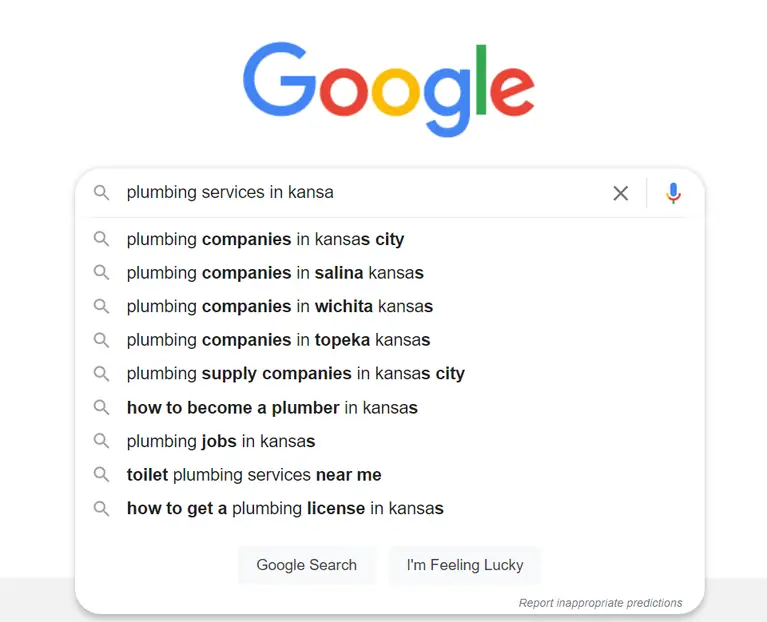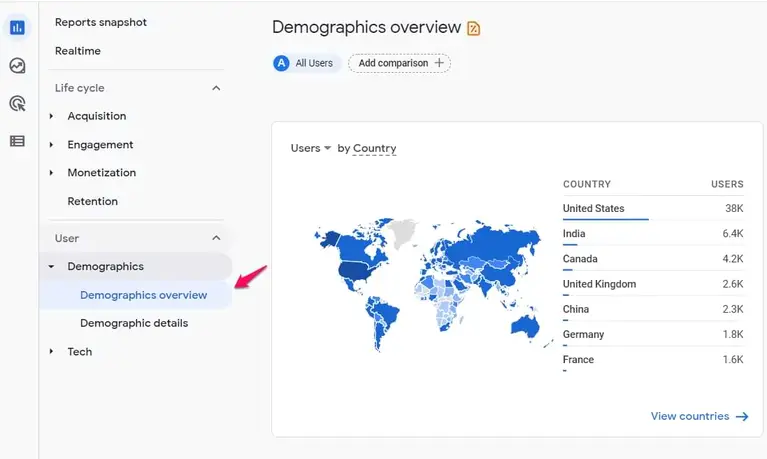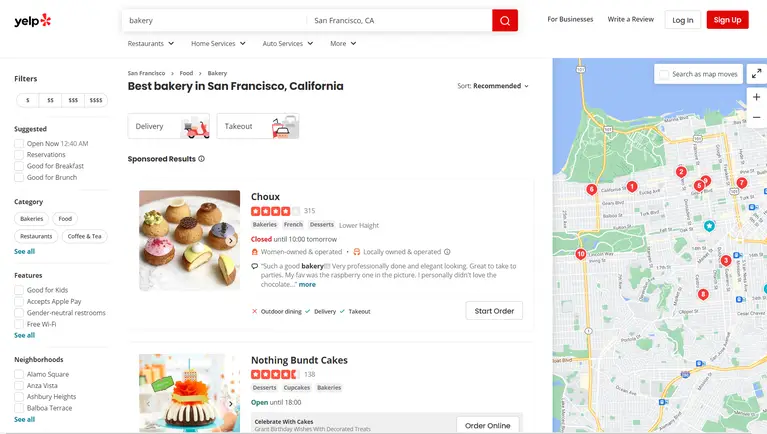
How Local SEO Can Help Your Mobile Marketing Efforts
Intro
Mobile searches for local products and services are poised to surpass the desktop. Consumers use mobiles to compare prices online before visiting stores.
In this landscape, it's essential to focus your local SEO efforts on Mobile.
Doing it right will get you far ahead of the pack. Your local SEO efforts will show fruitful results over time.
Local SEO for Mobile Marketing
1. Boosts Local Visibility
Local searches powered by mobile devices are on the rise.
In most countries and industries, it has overtaken desktop searches. If you want to reach more consumers in your area, a balance between Local SEO and mobile marketing methods is necessary.
Effective marketing of your content should be part of every local SEO strategy. If you want to achieve success, follow these tips.
We cover the best practices that complement both these areas.
- Start by making your website mobile-friendly. Test it on various devices. Monitor the site loading times, text formatting, and glitches while moving between pages.
- Include local keyword research in your strategy. Use Google autocomplete to identify short and long-tail keywords. For example, searching for 'Flooring services in LA' will suggest additional words. Use these to build a unique keyword library. Use newly discovered keywords naturally in your content, site titles, or meta descriptions.
You can use Google’s autofill feature to find long-tail keywords:

2. Local Content is Powerful
When Google fetches results for users, it looks at a few parameters.
Along with the product or service, it also checks if a specific location is specified.
It then crawls the web for content that matches these parameters closely—creating mobile-ready content that a local consumer may find helpful such as blogs, lists, or videos about your industry score high.
Anything relevant or within the proper search context is more likely to be ranked higher.
As a local business, staying on top of local trends and events is crucial.
Focus on these areas:
- Along with a mobile-ready website, focus on the schema. Schema markups structure all data on your site to make it easy for Google to scan and deem relevant.
- Add local keywords in your titles and meta descriptions as much as possible but don't overdo it. Its usage must be meaningful and in the proper context.
You can use Google’s Keyword Planner to find local keywords:

3. Localization Drives Engagement
Local businesses in the USA often neglect one key factor in their Local SEO strategy.
They ignore that their community comprises a sizable population who may speak other languages—for example, Spanish.
One of the ways to lead the pack in Local SEO is to account for these consumers.
Sharing valuable content in languages popular in your area is great for mobile marketing.
Localize your content and keywords in at least one other language if your budget allows it.
There are many best practices to identify the scope of localization your website may need:
- Talk to people. That's the best way to find out who comprises your local audience. Get data like their age, occupation, and language. Consider translating some of your content into their preferred language if you see a large user group of non-native English speakers.
- You don't have to spend on translating the whole website. Start with the most viewed articles and keywords.
You can use Google Analytics to find out who comprises your local audience:

4. Local Links Build Authority
Creating content in such a way that other local sites find helpful to link to is a great strategy. It helps you gain extra visitors and establishes you as a reputed business in the region. Link building and Local SEO go hand in hand.
They have a big impact on mobile search results. A consumer will likely click a useful-looking link on a popular local website. It gives them confidence that they can trust your business.
There are many proven ways to build solid links and citations for your website. Let's look at a few:
- Work on getting mentions and local citations on top local online directories. Mobile users often look there for local services.
- Get local press mentions through great local content and community engagement. Businesses mentioned in the local press have more credibility with mobile users.
- Invite top local influencers for guest blogging on your website. A familiar local name boosts the reputation of a business.
Yelp is a popular local online directory:

5. Gain Top-ranking Organically
The key to combining mobile marketing with local SEO is planning and patience.
A hasty or half-baked strategy may show quick results but fizzle out just as soon. If you want to get on top of the local SEO game and stay there, go about it in a phased manner.
Focus on creating marketable content that is concise and easy to scan on mobile devices. It helps you gain views organically without creating new content often.
Follow these tips for organic visibility on mobile devices:
- Sign-up and claim your Google My Business profile. Optimize it for maximum reach. You can add posts, videos, and images to make it visually appealing.
- Keep your social media profiles updated. Post top content from your website often. Engage local users through polls, promos, and contests.
- Audit your website for mobile readiness every few months. Identify any glitches or opportunity areas to optimize it.
Here’s a screenshot of a GMB profile:

Local SEO & Mobile Marketing – FAQs
1. How is Mobile Marketing and SEO helping Local Businesses?
It is helping them by promoting their content to a large user base. It enhances brand reach, driving leads and visitors while personalizing the experience. It makes it easy for consumers to contact you from their mobile devices.
2. What Are Other Channels for Mobile Marketing?
Mobile marketing is not only limited to mobile-ready sites or apps. You can reach smartphone users through SMS, MMS, or social media channels. The key is to entice them with relevant content wherever they are.
3. Will Mobile Marketing Cost More?
The main cost here is optimizing your website for mobile users. Once that's out of the way, the prices for mobile marketing are much the same as any other SEO effort. Only your strategies will differ.
Key Takeaways
- Invest in a mobile-ready website and create a content strategy targeting these users.
- Research local keywords that are popular on mobile searches. Use them in your content and metadata to drive traffic.
- Partner with local news outlets and popular online blogs. Curate engaging content with a regional focus that is relevant to your industry.
- Optimize your Google My Business profile to get featured on local mobile searches.
- Identify localization opportunities that can amplify your website and brand reach.
- Work consistently on quality link building—partner with similar companies in the area to benefit from link sharing mutually.
- Be patient and plan for the long term.
ABOUT THE AUTHOR:
Brice Decker

Brice has been handling marketing projects for more than 12 years and he is providing consulting services on SEO, Social Media and PPC. He has a huge expertise in working at large corporations including Accenture Interactive & PwC Digital Services.
ABOUT THE AUTHOR:
Brice Decker

Brice has been handling marketing projects for more than 12 years and he is providing consulting services on SEO, Social Media and PPC. He has a huge expertise in working at large corporations including Accenture Interactive & PwC Digital Services.
Related Post
How to Rebrand Your Business Without Losing SEO?